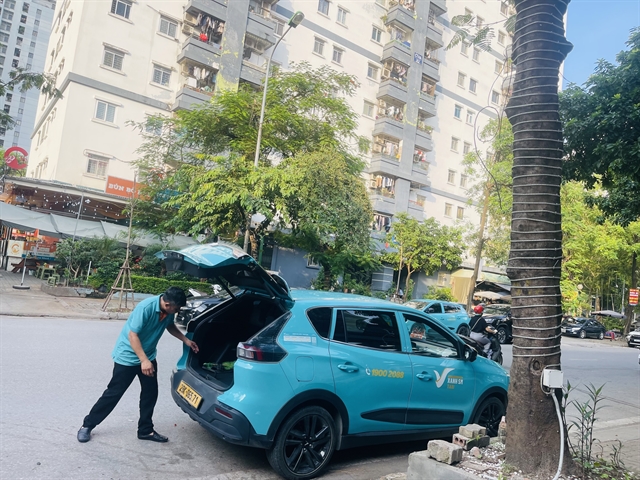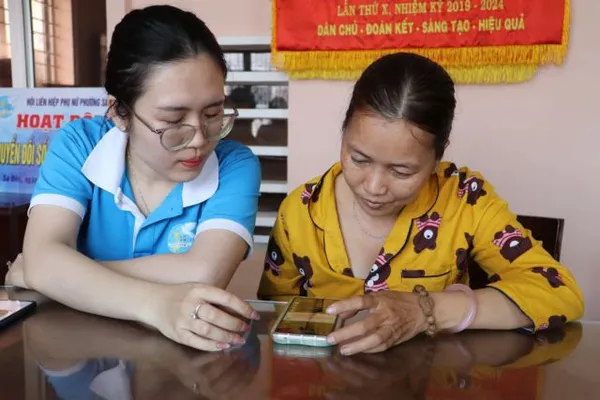 Society
Society
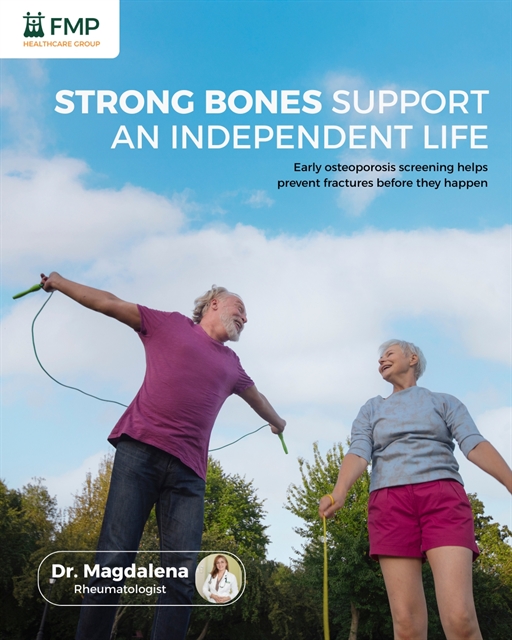
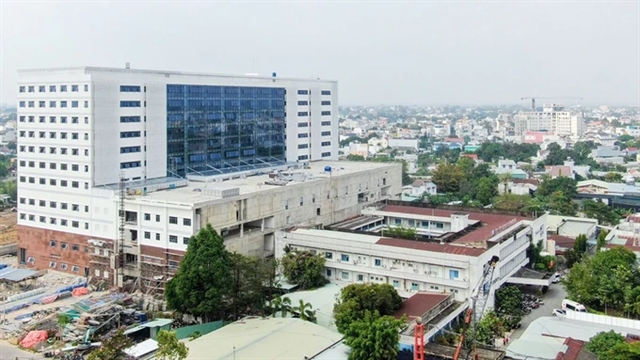
|
| Hóc Môn General Hospital in HCM City. HCM City has been implmenting many policies to attract investors into health projects. - Photo sggp.org.vn |
HCM CITY - HCM City is focusing on attracting investment into healthcare, and has unveiled a number of policies to facilitate that.
The city has 129 hospitals, 310 medical stations and 8,000 clinics that get a quarter of all visits to medical facilities around the country and a tenth of inpatient treatment. Some of the hospitals are overloaded, have poor equipment and have degraded over the years.
HCM City is soliciting investment in many healthcare projects under the public – private partnership model, and issued Decree No. 09/2023/NQ-HĐND to facilitate loans from the State-owned HCM City Financial Investment Company (HFIC) for priority projects among them.
It has approved a programme to mobilise private resources for developing healthcare in 2024 – 30, which includes policies and a legal framework to attract investors. Relevant agencies have been organising conferences to apprise Vietnamese and foreign businesses about investment opportunities in the health sector, and many have evinced interest.
Nguyễn Ngọc Hòa, chairman of HFIC, said many businesses have completed the required administrative procedures to receive loans. The city's Departments of Planning and Investment and Industry and Trade have called for forming two committees to assess which projects are eligible for the loans, and this would make appraisal and disbursements of projects faster.
Nguyễn Hoài Nam, deputy director of the Department of Health, said HCM City is striving to become a medical care hub of Southeast Asia, and is planning many large projects like setting up six major medical clusters in both its central and suburban areas. Investments have been made successfully under the public - private partnership model in other sectors, and so there is hope that the health projects would be similarly successful.
The National Assembly’s Decree 98 on piloting policies and mechanisms for HCM City’s development (issued last year) and the city’s own Decree No. 09/2023/NQ-HĐND have made it easier to invest in projects.
They no longer need reciprocal capital, can borrow loans for multiple projects at once, can combine different sources of funding for a project, and loan terms are more flexible. This could help hospitals invest in facilities and equipment to better treat patients, Nam said.
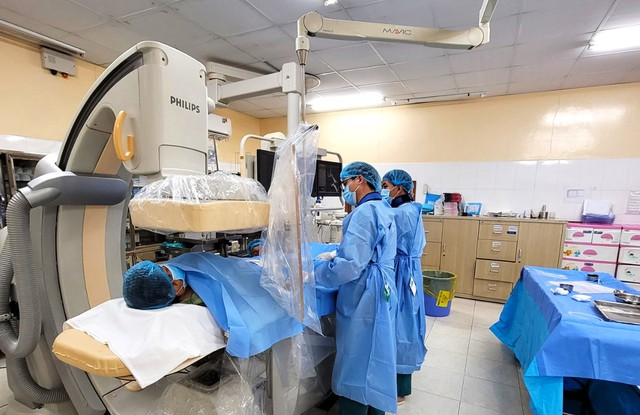
|
| HCM City wants investors to pour money into improving hospitals' equipment and facilities. - Photo thanhnien.vn |
Đào Minh Chánh, deputy director of the HCM City Investment and Trade Promotion Centre, said the city is planning 116 health investment projects worth nearly VNĐ24 trillion (US$948.8 million) in 2021 – 25, and 150 others worth VNĐ52 trillion in 2026 – 30. It is seeking investors to help it set up a hub for training high-quality medical staff and developing infrastructure and medical tourism, he added.
During a dialogue in early October, the city called for investment from Vietnamese and foreign businesses in six projects for medical treatment for foreign patients, high-tech disease screening and stroke treatment, and more projects will be added in the future. They are to operate under the public – private partnership model.
Decree 98 has also been helping HCM City implement investment projects in other areas such as poverty mitigation and creating jobs, and funding has been disbursed for five build-operate-transfer projects to upgrade roads set to be completed by 2028. It also approved of an investment project to supply around 2,000 social housing apartments.
A list of 41 investment projects proposed in healthcare, education and culture through the public – private partnership model was also issued last December. - VNS




